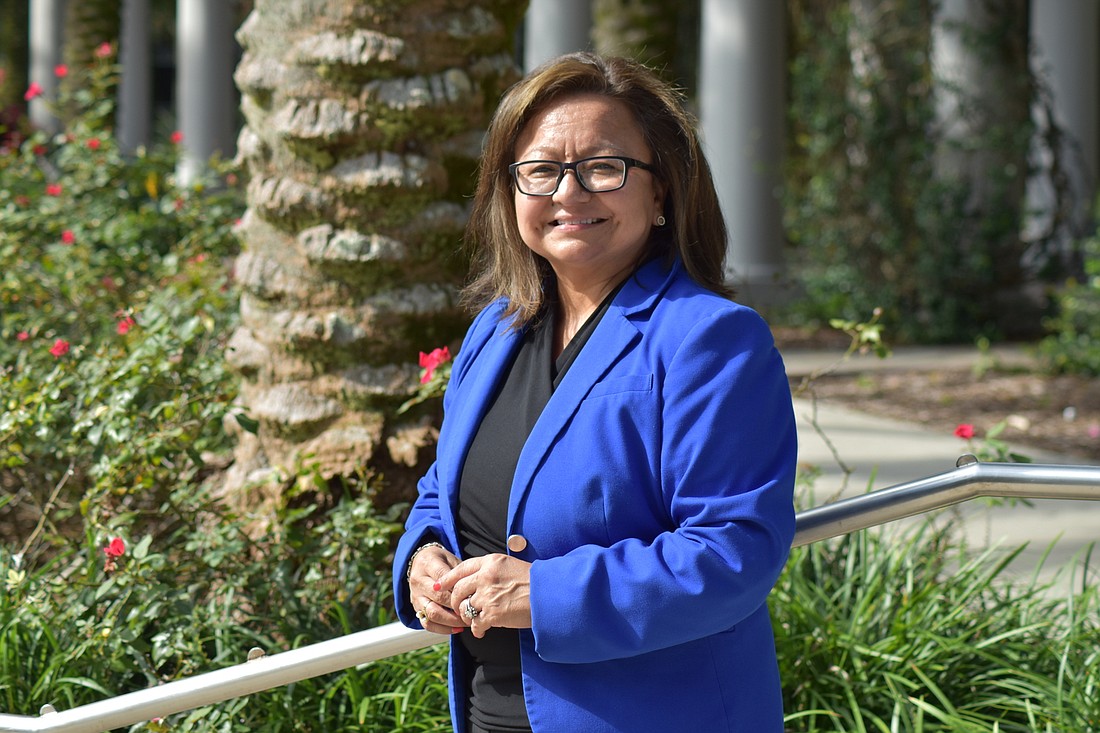- December 13, 2025
-
-
Loading

Loading

Rocio Smith, Achieva Credit Union’s new Hillsborough County market vice president, has the kind of life story that will rekindle your faith in the American Dream. The daughter of migrant farmworkers, as a teenager she spent her summers picking crops with her parents and siblings in Midwest states. Then the family would return to Wimauma, east Hillsborough County, where she, her brothers and two half-sisters went to school.
“We followed the crops,” Smith says, “and then we returned to school, to study. Because that was our way out.”